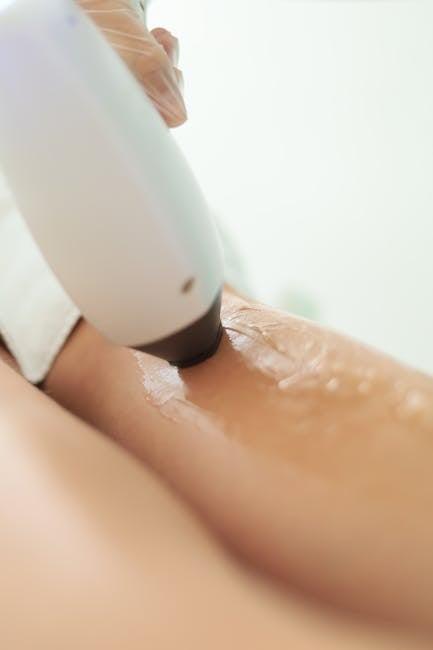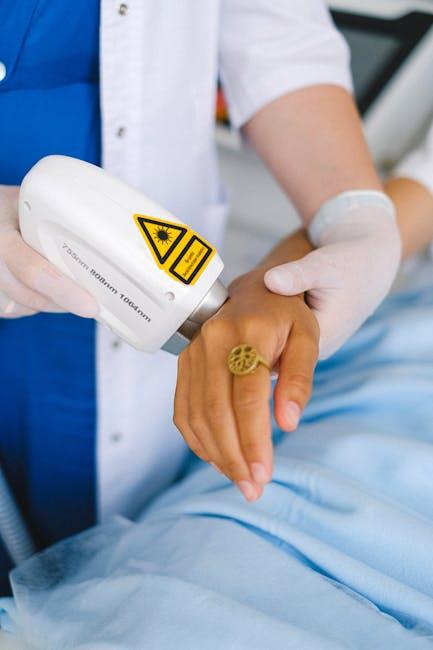
Laser Safety in Dental Practice in the United Kingdom – Nature, Benefits, and Best Practices
Laser technology has revolutionized dental treatments across the globe, including the United Kingdom. From cutting-edge cavity treatments to gum reshaping and teeth whitening, dental lasers offer a less invasive and more effective alternative to traditional tools. However, as the use of lasers expands in UK dental practices, ensuring laser safety in dental practice becomes paramount to protect both patients and healthcare professionals.
Understanding Laser Safety in Dental Practice
Lasers used in dentistry emit highly concentrated beams of light that can cause harm if improperly handled. The nature of these lasers varies, often involving wavelengths in the visible, infrared, or ultraviolet spectrum. Proper safety measures mitigate risks such as eye injury, skin burns, and equipment damage.
In the UK, dental laser safety is governed by strict regulations and guidelines to ensure best practices. The integration of these safety protocols helps maintain a secure environment while maximizing the benefits of laser dentistry.
Types of Lasers Commonly Used in UK Dentistry
- Diode lasers (810-980 nm) – used for soft tissue procedures.
- Erbium lasers (Er:YAG & Er,Cr:YSGG) – ideal for hard and soft tissue treatments.
- CO₂ lasers – often used in oral surgery and soft tissue excision.
Key Regulations and Safety Standards in the United Kingdom
Laser safety in dental practice is regulated by a combination of UK laws and European directives. Some of the fundamental standards and regulations include:
- The Health and Safety at Work Act 1974: Employers must provide a safe environment, including managing risks from laser equipment.
- Control of Artificial Optical Radiation at Work Regulations (AOR 2010): Specific to laser use, it mandates risk assessments and safety controls to protect workers and patients.
- British Standards Institution (BSI) Guidance: Standards such as BS EN 60825 cover the safety of laser products.
- General Dental Council (GDC) Recommendations: Guidelines on competency and clinical governance for laser use.
Implementing these standards helps dental practices in the UK to manage laser-related hazards effectively and comply with legal responsibilities.
Laser Safety Officer (LSO) Role
Many NHS trusts and private dental clinics designate a Laser Safety Officer (LSO) responsible for overseeing laser safety protocols, conducting training, and ensuring compliance with legislations. The LSO plays a crucial role in maintaining a culture of laser safety.
Benefits of Using Lasers in Dental Practice
Before delving deeper into safety, it’s important to appreciate why lasers are so valuable in dentistry:
- Minimally invasive procedures: Reduced bleeding and swelling during soft tissue surgery.
- Faster healing times: Laser treatments often promote quicker recovery.
- Less discomfort: Many patients report less pain compared to conventional methods.
- Precision: Focused laser beams reduce damage to surrounding tissues.
- Reduced need for anesthesia: Many procedures require little or no anesthetic.
Practical Tips for Ensuring Laser Safety in UK Dental Practices
To optimize safety during laser use, dental teams should adopt comprehensive measures designed to protect patients, staff, and equipment. Below are practical safety tips that any UK dental practice can implement:
| Safety Measure | Description | UK Regulatory Link |
|---|---|---|
| Risk Assessment | Conduct regular assessments of laser hazards specific to your practice setting. | Control of Artificial Optical Radiation at Work Regulations 2010 |
| Protective Eyewear | Ensure all team members and patients wear wavelength-specific eye protection. | BS EN 207/208 |
| Warning Signs | Display laser hazard warning signs at the entrance to treatment areas. | Health and Safety (Safety Signs and Signals) Regulations 1996 |
| Training and Competency | Provide accredited laser safety training to all operators and staff in contact. | GDC Standards for the Dental Team |
| Emergency Procedures | Establish clear protocols for dealing with laser accidents or equipment failure. | Health and Safety Executive Guidelines |
Facility Considerations
- Use rooms with controlled access during laser procedures.
- Ensure laser equipment is serviced regularly and compliant with British Safety Standards.
- Maintain laser logs for usage, maintenance, and incidents.
Case Study: Successful Implementation of Laser Safety at a London Dental Clinic
At a renowned dental clinic in London, adopting strict laser safety protocols led to zero laser-related incidents in three years despite high laser usage volumes. Key strategies included:
- Appointing a dedicated Laser Safety Officer.
- Mandatory laser safety training and annual refreshers.
- Consistent monitoring and audit of laser usage and maintenance records.
- Investing in modern lasers with built-in safety interlocks.
- Implementing patient education regarding laser procedures and safety.
The clinic’s success demonstrates that robust laser safety practices not only protect but also enhance patient confidence in advanced dental care.
Firsthand Experience: Insights from a UK Dentist
“Laser dentistry has transformed how I treat patients, but initially, I underestimated the importance of strict safety measures. Once I completed rigorous laser safety training and implemented safety checks, I noticed improved outcomes and zero near-misses. It’s essential every UK dentist fully understands the risks and controls associated with laser use to provide top-notch patient care safely.” – Dr. Fiona Matthews, London
Conclusion: Prioritizing Laser Safety in UK Dental Practices
Laser technology continues to advance UK dental care by enabling minimally invasive and highly effective treatments. The nature of dental lasers demands a thorough understanding and implementation of safety protocols to protect patients and dental staff. Adhering to UK-specific regulations such as the Control of Artificial Optical Radiation at Work Regulations and GDC standards is essential.
By conducting risk assessments, providing comprehensive training, and utilizing protective equipment, UK dental practices can confidently integrate lasers into their treatments while minimizing hazards. Through vigilant laser safety culture, dental offices not only comply with legal mandates but also improve patient outcomes and trust.
If you operate or work in a dental practice in the UK considering laser adoption, prioritize laser safety from the outset — it’s the foundation for successful, responsible, and modern dental care.


